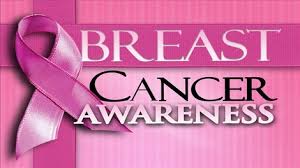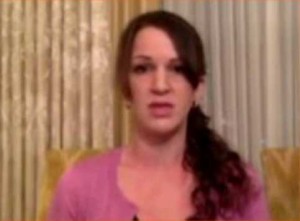
About 44 percent of the small companies in the country have been affected by cyber crime, according to a 2013 survey by the National Small Business Association. The average cost of dealing with the damage was $8,700, the association reported.
The small businesses often become part of the damage inflicted on the larger businesses. When JPMorgan Chase data was breached, for instance, 7 million small businesses shared in the fallout, along with 76 million households. Target Corp., Michael’s Stores, Home Depot and Neiman Marcus, who also reported compromised information in the past year, also have small contracting companies as customers.
Businesses lose revenue when they have to shut down their systems to allow the experts to ferret out the harmful viruses that caused the damage. Additional costs are racked up as the affected companies have to notify each company or individual who was affected by the breach. Most states require a compromised business to notify customers. If lawsuits are brought by injured customers, the costs go up again.
Small businesses sometimes become vulnerable to attack because the owners believe they can’t afford the software programs and consulting services that might protect them, or the time to deal with potential attacks. Some small businessmen and women simply are not aware of the risks. They don’t know that they can be attacked by what they believe is a relatively harmless source. An innocent-seeming email from a friend whose computer has been attacked may mean trouble. Not knowing how sophisticated the enemy has become can be fatal.
Scott Schrober, CEO of Varitronic Systems, took steps to protect his company after a hacker weaseled $50,000 from his company’s bank account recently, an Associated Press story related. Schrober took steps to prevent any further intrusion by investing $50,000 in security and plans and intends to spend another $20,000. He believes his company was targeted because computer security is his business. The thieves were sending a message.
While there is no security system that will absolutely guarantee immunity from hackers, experts suggests that small business owners take these precautions:
- Pay a computer security consultant to evaluate your system and make recommendations.
- Purchase insurance to cover potential losses. Premiums can be as low as $1,000 for a million dollars in coverage.
- Install free anti-virus and anti-malware software that you can find online. Add firewalls that block attempts to access.
- Make certain that your email provider has effective security.
- Use a separate company to process orders to avoid having customer credit card information stolen. Be certain that the company you collaborate with has a secure system.
- Look into a service that specializes in spotting fraudulent credit card transactions.




